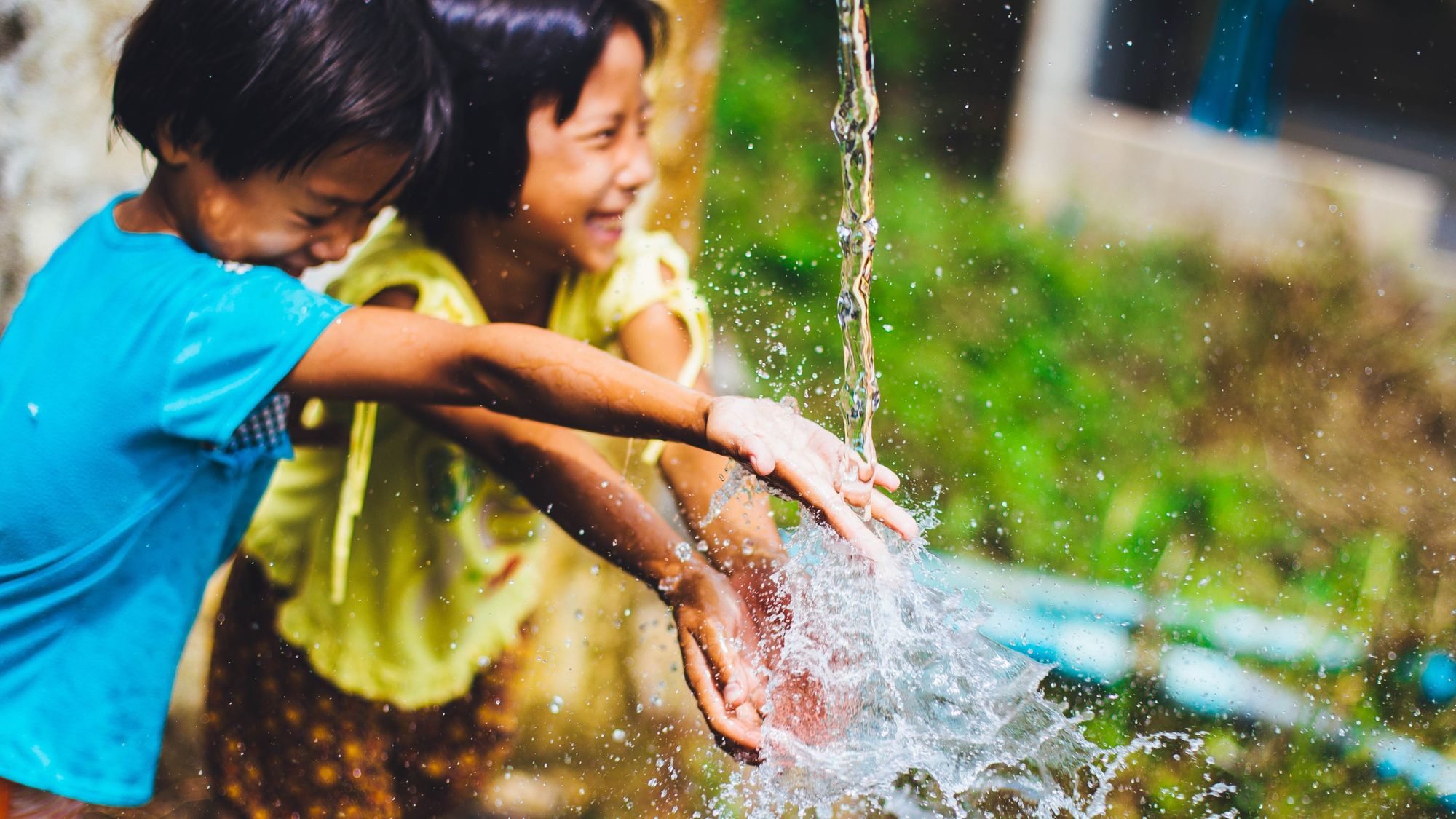I entertain the idea of the first 7 years of life being crucial to forming the character of a person and being largely responsible for how our life will unfold through our subconscious thought patterns and therefore actions.
When we're born, we learn by observing and reflection. We observe our parents and learn about this reality from their reactions and responses to what we do, and their overall attitudes and behaviors towards each other and life itself.
The first thing the child does after tripping and falling on the ground, is to look at the parent. If the parent is freaking out, the child will most likely start crying. If the parent is calm, smiling and encouraging the child to get up and continue playing, the child will brush off and go back to play.
The parent is reflecting back what happened to the child, teaching the child how to respond to the situation. The future attitudes will be formed from these simple interactions.
Of course the example above depends on the severity of the accident. We can't expect that child with a deep cut will happily get up like nothing happened just because the parent responded like nothing happened, but the general attitude and reaction and response patterns are being formed and will determine how a the child will respond to certain situations in the future. Whether she'll cry and make big fuss after every small bruise or whether she'll bravely take on challenges and press on in life.
Reaction vs Response
It is very important to acknowledge the difference between subconscious reaction and a conscious response.
Let me illustrate the problem with a simple example of reaction vs response I found on zenhabits:
- React: Your child breaks something. You immediately react by getting angry, perhaps yelling, upsetting the child and yourself, worsening your relationship, not making anything better.
- Respond: Your child breaks something. You notice your anger reaction, but pause, take a breath, and consider the situation. First response is to see if your child is OK — is she hurt, scared? Second, realize that the object that is broken, in the larger view, is not that important. Let it go, adjust to a world without it. Third, help her clean up, make a game of it, show her that mistakes happen and that it’s not something to dwell on. Fourth, calmly talk about how to avoid mistakes like that in the future, and give her a hug.
Think how different the outcome and the impact on the future of the child would be if we raised the child in a reactive manner in oppose to consciously responding to life situations. One simple situation can change so much... What about a constant reinforcement over the years of child's development?
We believe in ourselves because our parents showed us we were worthy, capable and gave us healthy amount of autonomy while providing support.
On the other hand, if they themselves feared life, were distrusting or not brave or overly protective and playing out their own reactive patterns, we often take on their traits and proceed overly cautiously in life, avoid challenges and we lack self belief.
All this touches on the subject of emotional maturity and mature ego construct. I will most likely dedicate another post to it.
An Example From My Own Life
I remember my mum being always afraid of insects when I was a child. I recount numerous occasions where she would react to the bug/caterpillar or spider so strongly, that the terror in her voice would cut through me like a blade. I literally felt the terror in my body.
Now being an adult I'm afraid of spiders (despite intellectual knowledge that there's no reason for the fear and that they would much rather run away from me than jump on my back and start breaking my neck, while simultaneously wrist locking and leg sweeping me with their multiple limbs), not particularly fond of having caterpillars walking on my body etc. I'm consciously aware of the insects being harmless yet I have strong physical subconscious reaction to them.
The Change
We can reprogram ourselves though. We can learn to change these behaviors through practice and changing our beliefs. We can form new patterns of thought, form new habits.
We can do that by learning to be more conscious and present and to observe ourselves, observe and question/analyze our reactions. By looking at our life we can see where we're struggling, where are the problems we're facing, what are the beliefs behind the problem, the subconscious programs that does not support us in these instances.
Then through self-hypnosis and/or repetition, we can learn new patterns of thought and behavior. Just by simply writing the gratitude journal every day or practicing being grateful on a daily basis, you can change a lot in your life. Notice negative recurring patterns of thought and change them to positive, affirming ones.
We are what and how we think about ourselves and this World.
It's a practice.
It takes time, but is sure worth it.
